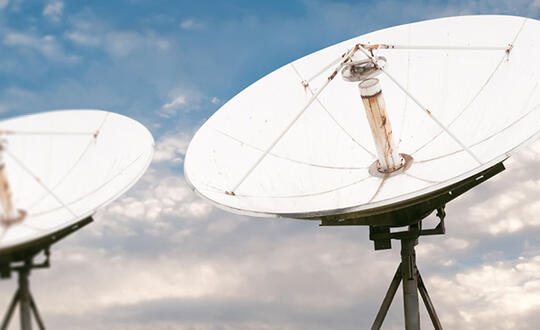John Garziglia Examines Proposed $50 Million TV Repack Reimbursement Plan for FM Stations, Translators in Radio Ink Article
Aug 03 2018
WASHINGTON, D.C.—The FCC is considering a plan to compensate FM stations impacted by repacked TV station’s facility changes. On Aug. 2, the FCC adopted a Notice of Proposed Rulemaking that would set aside $50 million to reimburse FM stations, FM translators, LPTV and TV translators.
Womble Bond Dickinson attorney John Garziglia writes about the proposal (which is not yet final) at Radio Ink. He said an estimated 500 FM stations could be affected by TV-repack facility changes.
Garziglia writes that three categories of FM stations and FM translators would be eligible for reimbursement, provided they were transmitting on April 13, 2017:
1. Stations forced to permanently relocate;
2. Stations forced to temporarily dismantle equipment or make other changes; and
3. Stations forced to temporarily reduce power or cease transmissions.
In the Radio Ink article, Garziglia examines the proposed reimbursement terms for each of these categories in depth.
“For FM stations that are affected by the TV repack, the good news is that Congress has provided a pot of $50 million for the FCC to reimburse FM stations and FM translators for costs incurred that are not otherwise reimbursed,” Garziglia writes. “Stations eligible for such reimbursements need to file specific comments with the FCC to ensure that their needs are considered. The reimbursement process will be complicated, potentially time-consuming, and may not cover all costs, but that it is happening at all is a tribute to extremely effective radio broadcaster lobbying efforts.”
Click here to read “What $50M Of TV Repack Money Means For You” at Radio Ink.
Also, click here to read Gregg Skall’s comments on the TV Repack reimbursement plan in Radio Guide.
John Garziglia represents radio and television broadcasters, offering personalized assistance in all areas of communications and telecommunications law including transactional and contract negotiations for broadcast station mergers and acquisitions, the securing of financing, governmental auctions of new frequencies, license renewals, new stations applications, facility changes, facility upgrades, licensing, and compliance with FCC rules, regulations and policies.